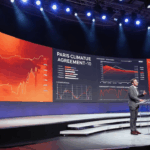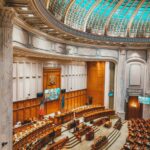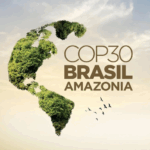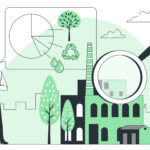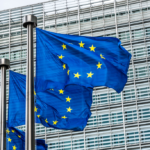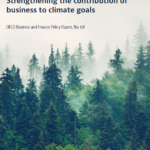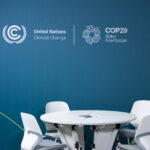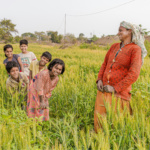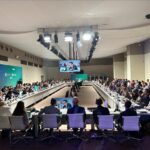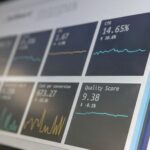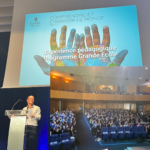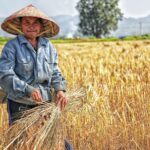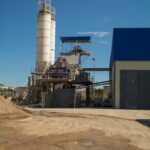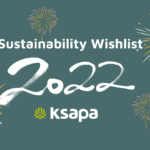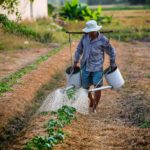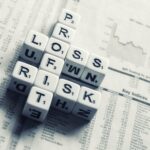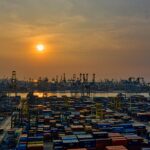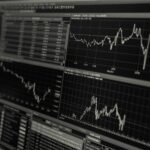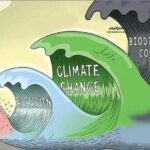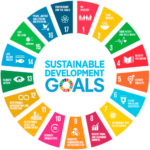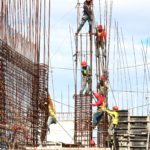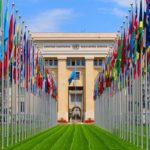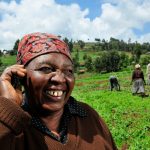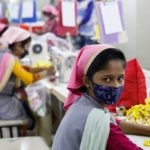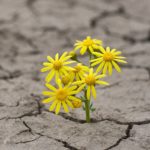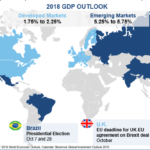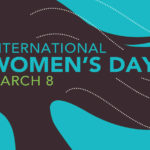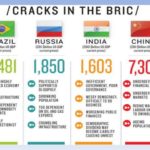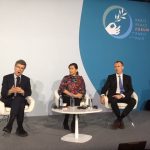The Covid-19 crisis is putting very strong pressure on real economy front line business leaders. Those business leaders managing feeding, caring, housing, educating, cultivating and transporting activities, in a world subject to profound health, social and climatic turbulence. Here we describe 3 guiding principles for inspiration and action.
3 Sharp Reminders Coming With Covid-19
While everyone has been struck by the dramatic impacts of the current crisis, Covid-19 will at least have the merit of helping us collectively learn 3 lessons as so many sharp reminders:
1. Listen to Science and Foresee
The last 20 years have been marred by the succession of Nipah, SARS, H1N1 and Ebola crises, among others. The corresponding pandemic profiles are well documented and knowledge of the necessary responses has been made widely available, for local authorities and companies to adapt urban and rural life accordingly – in developed as much as emerging economies- especially since 2005.
Managing the uncertainty inherent to viruses is marginal compared to the potential for proactive planning. Based on the same premise that to lead is to plan, climate and biodiversity sciences also convey helpful knowledge. Let’s hope this crisis helps political and economic leaders to finally address the urgency – and not just consider the importance – of health and environmental issues. They must take their rightful place at the heart of our territories, businesses and public services’ transformation and resilience strategies.
2. Remain Vigilant as to the Protection and Respect of Individual Rights – In Our Collective Interest – Building Inclusive Approaches
Our societies are increasingly educated, individualistic and defiant of authority. Business leaders and local managers have come to leverage exemplarity, consultation and inclusivity, to gear their business, team or community toward a common goal.
Current health and climate crises require collective action to achieve tangible results. Leaders on the ground embody this modern authority, on the front lines to serve a collective interest while safeguarding individual freedoms.
3. Learn to Manage Conflicting Short and Long-term Injunctions in a Credible and Readable Manner
No credible management refuses to exclude climate transition investments from European public deficits for years, only to see the ECB do the opposite to offset the economic impacts of Covid-19. Likewise, no business may retain much intelligibility when it publicly commits to phase out single-use plastics but enforces sanitary measures by mainstreaming disposable plastics. After all, this virus can survive for days on a plastic surface, albeit disposable, where a reusable fabric could offer a better sanitary reflex…
Anyone can make a mistake. Being resilient is to know how to adapt. A truly sustainable approach cannot give in to emotional sirens and hurriedly offer technical responses adapted to a constantly evolving situation. Credibility and intelligibility indeed precondition trust in any adaptation trajectory.
4. Apply the Above in Explosive Social Context Worldwide
These lessons take on their full meaning in an explosive social context. Hunger, health, housing, work, education… our discussions with colleagues, partners and initiatives all point to the same diagnosis: things are muddled, loud and explosive across the 4 corners of the world. Covid-19 indeed exacerbates social inequalities, political frustrations and flagrant violations of human rights in our cities and territories – as is currently the case in Europe, the United States, India or Brazil.
The leaders of the real economy and their investors – factories, supermarkets, local services, health, leisure… are under enormous pressure to design a better post-pandemic society. They have no option but to succeed. They often have an emotional stake in the community project they manage. Much more than the tool of their trade, managers often see their companies as a social space where families, suppliers and territories live and work together on a daily basis. Financial partners are also often involved in projects for the long run and are well aware the current context calls for a solid combination of stress management and adaptation. The social distancing imposed by Covid-19 in no way alters their social proximity with the people with whom they carry out business daily.
3 Guiding Principles for Real Economy Business Leadership
This new decade promises to be littered with health, environmental, social, digital, political, geopolitical turbulence… The pressure to deliver results now at an all-time high does not stem from the Covid-19 crisis, yet it pushes every leader of the real economy to carefully explore the following 3 principles :
- Lending meaning to a resilient project. Each territory, company and service must lend meaning and adapt to sustain their feeding, caring, housing, educating, cultivating and transporting activities, in a world subject to profound health, social and climatic turbulence.
- Valuing inclusive managerial systems. Covid-19 may have advantageously restored value to the professions of numerous workers who, despite their precarious situations, have become daily heroes. A truly inclusive managerial project must recognize differences as so many factors for collective success. More than ever, involving communities in territorial or economic projects requires gearing individual wealth and specificities toward collective action.
- Creating inclusive growth. It is equally essential to soberly assess the capacity of such models to distribute wealth more evenly across territories, among employees and throughout the value chain. All this as part of a renewed collective social contract.
Conclusion: Transforming Crisis into Opportunity for Change
Climate, decent work, gender equity… To this end, Agenda 2030 offers a simple compass to collectively translate into the specificities of each territory and each social node that are our companies or our investors. Covid-19 is said to have originated from China? In Chinese, the word crisis also reads as opportunity…
Président et Cofondateur. Auteur de différents ouvrages sur les questions de RSE et développement durable. Expert international reconnu, Farid Baddache travaille à l’intégration des questions de droits de l’Homme et de climat comme leviers de résilience et de compétitivité des entreprises. Restez connectés avec Farid Baddache sur Twitter @Fbaddache.







